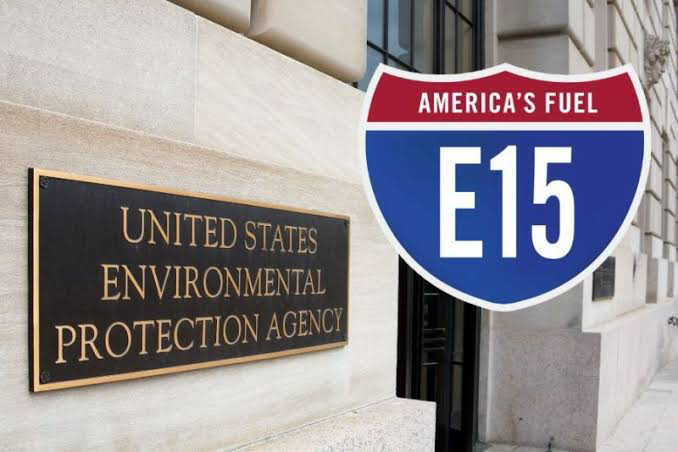The U.S. Environmental Protection Agency (EPA) announced a plan to temporarily allow the sale of higher-ethanol gasoline blends this summer. This move aims to mitigate potential disruptions in fuel supply due to ongoing global conflicts. The decision, revealed on April 19, 2024, marks the third consecutive year the EPA has extended the availability of E15 gasoline, a fuel containing 15% ethanol, during the summer months. Traditionally, sales of E15 are restricted from June 1st to September 1st.
Environmental Considerations and Industry Support
The use of ethanol in gasoline can elevate smog levels, particularly during hot weather. However, studies indicate minimal environmental distinction between E15 and the more common E10 blend, containing 10% ethanol.
“The EPA anticipates no significant changes in air quality as a result of this action,” stated EPA Administrator Michael Regan. “Therefore, we believe this decision serves the public interest.”
The news was met with enthusiasm by the Farm Belt, a key constituency ahead of the 2024 presidential election. Increased demand for corn, a primary biofuel ingredient, is anticipated.
“Soaring gas prices and geopolitical tensions are roiling energy markets,” said Geoff Cooper, President and CEO of the Renewable Fuels Association. “We applaud President Biden and Administrator Regan for taking decisive action to address potential fuel shortages and stabilize gas prices this summer.”
Biofuel Lobby Pushes for Expansion
Lawmakers from both parties, including Senators John Thune (R-SD) and Dick Durbin (D-IL), advocated for the E15 expansion in a letter to President Biden, citing its potential to bolster energy security.
The EPA waiver takes effect on May 1st, 2024, and will remain in place for an initial 20-day period. The administration intends to renew the waiver as needed until it deems it unnecessary.
The corn industry has long lobbied for year-round sales of E15. In February 2024, the Biden administration approved a request from Midwestern governors, allowing summertime sales of E15 in their states starting in 2025. The industry continues to push for permanent, nationwide E15 availability.
Source: Reuters



